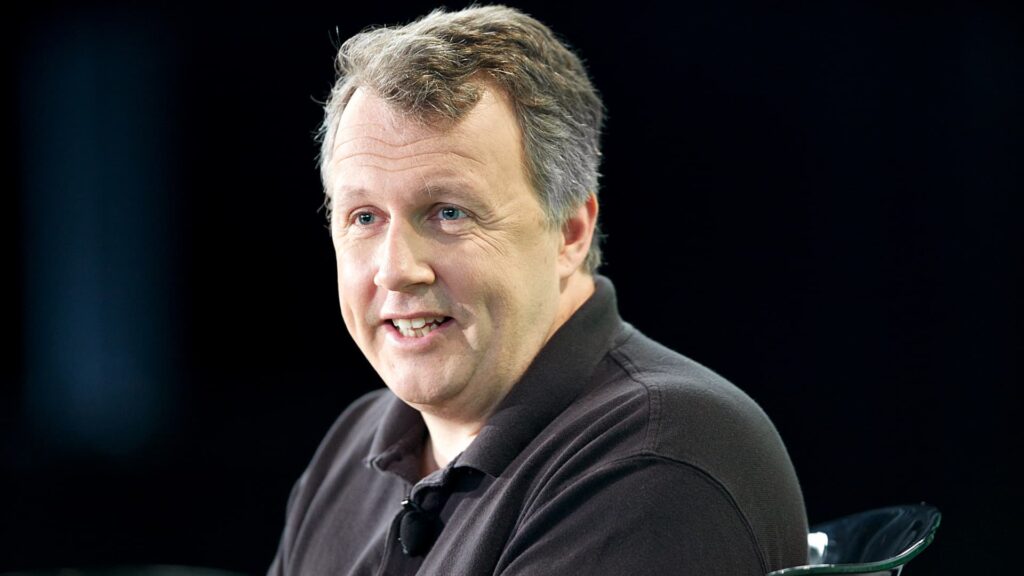Silicon Valley investor Paul Graham has a simple message for aspiring entrepreneurs: You don’t need to focus on artificial intelligence to be successful.
When betting on a startup’s future potential, Graham is typically more swayed by his impression of its founders than the idea behind their business, the co-founder of startup accelerator Y Combinator wrote in a series of posts on social media platform X on August 10. His track record is substantial: He’s backed more than 4,000 startups through Y Combinator since 2005, including Airbnb, Reddit and Twitch.
“I haven’t met all the startups in the current [Y Combinator] batch yet, but the two most impressive companies that I’ve seen so far are not working on AI,” wrote Graham. “The lesson to take from this is not that AI is unimportant (it’s very important), but that the founders matter more than the idea. The founders are the best predictor of how a company will do, not the industry it’s in.”
He added: “If you want to start a startup to work on a non-AI idea, go ahead. If you’re good, good investors will see it, and those are the only ones you want to convince anyway.”
AI-focused startups raised $104.3 billion from venture firms in the first half of 2025, matching the full-year total from 2024, according to PitchBook. Nearly half of the 140-plus companies in Y Combinator’s current batch of startups are focused on AI, Pitchbook noted.
Even Bill Gates would launch an “AI-centric” startup if he were to try and build a new company that could recreate Microsoft’s success, he told CNBC Make It in September 2024: “Today, somebody could raise billions of dollars for a new AI company [that’s just] a few sketch ideas.”
But entrepreneurs shouldn’t feel like focusing on AI is the only way to attract investors who can help give their new companies a financial path to success, Graham wrote. He’s preached a similar message for decades, long before the current AI boom — writing in a March 2009 blog post that a startup founder’s entrepreneurial skill is their company’s most reliable success indicator.
“Bad founders” lack long-term, unshakeable passion and drive, while “good founders” are relentlessly resourceful, scrappy problem-solvers who’ll always respond to a setback by refocusing on their next steps forward, Graham wrote in his blog post.
“Good founders make things happen the way they want,” wrote Graham. “Which is not to say they force things to happen in a predefined way. Good founders have a healthy respect for reality. But they are relentlessly resourceful. That’s the closest I can get to the opposite of hapless.”
Help us help you: Take our survey on work, money and life goals
Some other investors agree: Josh Browder, who founded the $210 million online legal services company DoNotPay and has invested in over 100 startups, bases his investment decisions primarily on whether a startup’s founder has a “deep connection” to the problem they’re trying to solve, he said on June 30.
“A lot of being an entrepreneur is like eating glass,” said Browder, adding: “If they don’t have a true connection to the problem, they’re going to give up. So I look for signals that they really care about what they’re building.”
The same ethos can apply — perhaps even more strongly — to non-tech startups and small businesses.
Real estate mogul Barbara Corcoran, a judge on ABC’s “Shark Tank,” regularly invests in entrepreneurs she believes in, regardless of their industry or whether their business is turning a profit, for example. Billionaire entrepreneur and startup investor Mark Cuban, a longtime co-star of Corcoran’s on the TV show, has lauded her for having “the best people skills” to identify which founders are worth investing in.
“Her ability to recognize the good and bad in somebody, what they’ll be like as an entrepreneur, what they’ll be like as a person – Barbara picks up on that stuff in a minute,” Cuban said on Corcoran’s podcast “888-Barbara” in November 2019.
Want to stand out, grow your network, and get more job opportunities? Sign up for Smarter by CNBC Make It’s new online course, How to Build a Standout Personal Brand: Online, In Person, and At Work. Learn from three expert instructors how to showcase your skills, build a stellar reputation, and create a digital presence that AI can’t replicate. Sign up today with coupon code EARLYBIRD for an introductory discount of 30% off the regular course price of $67 (plus tax). Offer valid July 22, 2025, through September 2, 2025.
Plus, sign up for CNBC Make It’s newsletter to get tips and tricks for success at work, with money and in life, and request to join our exclusive community on LinkedIn to connect with experts and peers.

